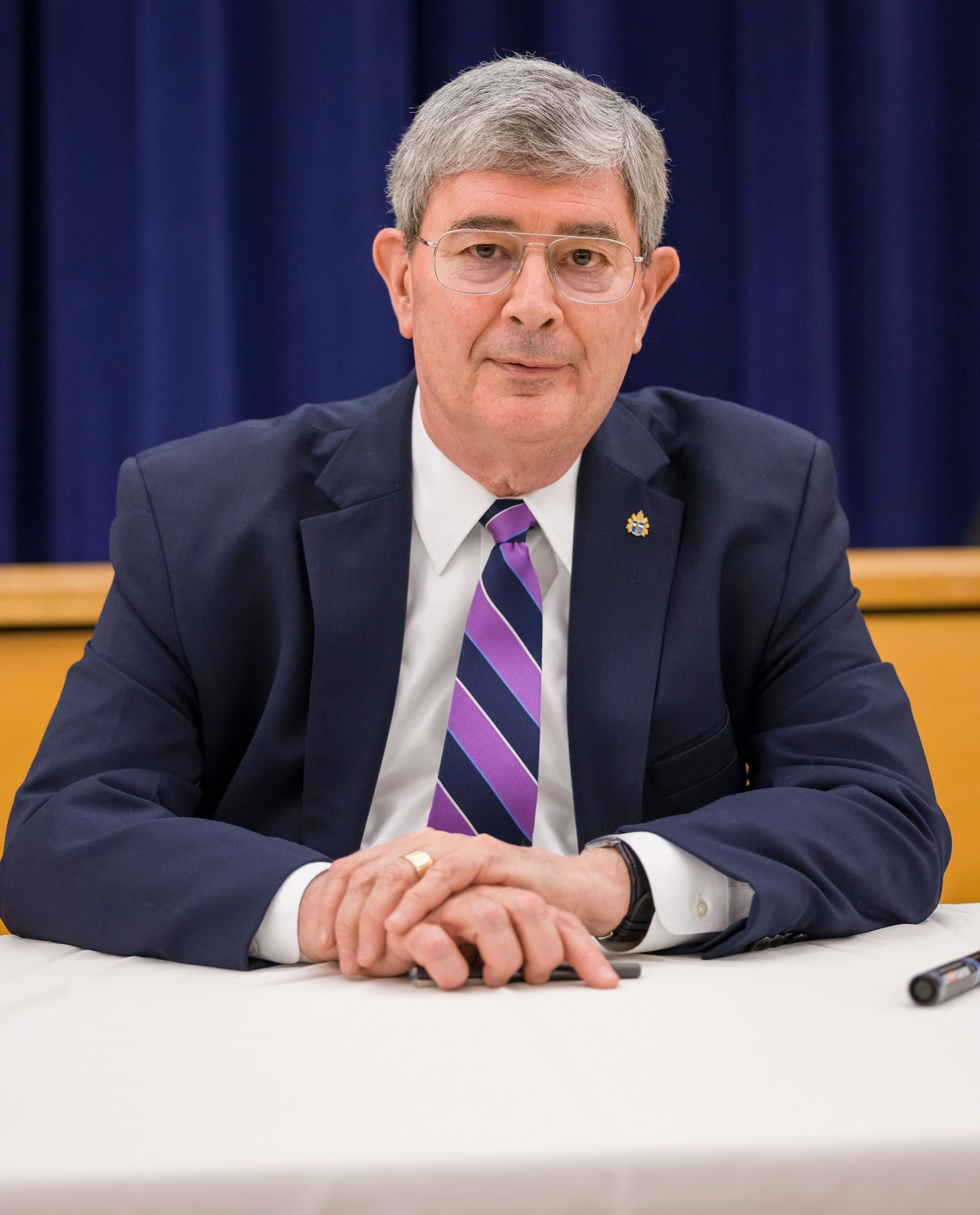In the days before Pope Paul VI simplified the rituals surrounding the creation of new cardinals, men who had previously been informed that they had been chosen gathered in Rome; there, a day or so before the consistory at which they would be “proclaimed” and given the red hat, they received what was known as the biglietto (ticket). Delivered by a papal chamberlain to wherever the about-to-be-cardinal happened to be in the Eternal City, the biglietto was, quite literally, the “ticket” formally announcing the churchman’s nomination to the College of Cardinals and admitting him, as tickets do, to the impending consistory. It was a charming ceremony and usually the occasion for the first of several parties celebrating the new cardinal. But before the celebrations began, the man receiving the biglietto was expected to make remarks.
The most famous “biglietto speech” in history took place 145 years ago last month. Its most memorable passage still speaks to the Church today.
John Henry Newman was one of mid-nineteenth-century Catholicism’s most famous converts and most controversial figures. His personal journey of faith had taken him from youthful skepticism to a robustly evangelical Anglicanism, and then from an Oriel College fellowship and the pastorate of the University Church of St. Mary the Virgin to the leadership of the Anglican-reforming Oxford Movement. Deep and intense study of the first-millennium Fathers of the Church had finally convinced him that the Church of England was—in historical fact, theological conviction, and relationship to state power—another Protestant denomination. So Newman entered into full communion with the Catholic Church, which cost him his Oxford positions and brought him no little trouble—from Anglicans who regarded him as a traitor and Catholics suspicious of the subtleties of his theology.
Newman, a sensitive soul as well as a brilliant mind, suffered for decades from what Dorothy Day once described as the “long loneliness” of the convert. That suffering was considerably mitigated when Pope Leo XIII, in one of the first acts of his great reforming pontificate, announced his intention to create Newman a cardinal and permit the now-elderly man to continue living in the Birmingham Oratory rather than in Rome (which was then the rule for cardinals who were not diocesan bishops).
So Newman traveled to Rome and, on May 12, 1879, gave his biglietto speech, in which he described himself in these terms:
In a long course of years I have made many mistakes . . . but what I trust that I may claim all through what I have written is this—an honest intention, an absence of private ends, a temper of obedience, a willingness to be corrected, a dread of error, a desire to serve Holy Church, and, through divine mercy, a fair measure of success.
And, I rejoice to say, to one great mischief I have from the first opposed myself. For thirty, forty, fifty years I have resisted to the best of my powers the spirit of liberalism in religion. Never did Holy Church need champions against it more sorely than now . . .
Liberalism in religion is the doctrine that there is no positive truth in religion, but that one creed is as good as another. . . . It is inconsistent with any recognition of any religion as true. It teaches that all are to be tolerated, for all are matters of opinion. Revealed religion is not a truth, but a sentiment and a taste; not an objective fact, not miraculous; and it is the right of each individual to make it say just what strikes his fancy.
As the Church awaits the Instrumentum Laboris, the “working document,” for Synod 2024 in October, it must be hoped that those drafting that text will recognize that what Newman styled a “great mischief” is alive among us today. The reduction of religious faith to a matter of sentiment rather than of rationally defensible conviction (the beginnings of which can be traced to the German theologian Friedrich Schleiermacher in the early nineteenth century) is perhaps the single most important factor in the decay of liberal Protestant denominations into small caucuses of religious wokery with the thinnest tether to Great Tradition Christianity. And yet, seeing that, there are Catholics who propose to go down that same, well-trodden path into . . . what? Utter irrelevance? Ecclesiastical oblivion?
When cardinals in the top leadership of Synod 2024 speak of their longing for a “rainbow Church,” or declare settled moral questions open, there is reason to be concerned: indeed, very concerned, because the wisdom and prescience of Newman’s “biglietto speech” is being ignored. And those with eyes to see have seen where that leads.rn
George Weigel’s column “The Catholic Difference” is syndicated by the Denver Catholic, the official publication of the Archdiocese of Denver.

George Weigel is Distinguished Senior Fellow of Washington, D.C.’s Ethics and Public Policy Center, where he holds the William E. Simon Chair in Catholic Studies.
Image by Anonymous via Public Domain. Image cropped.

